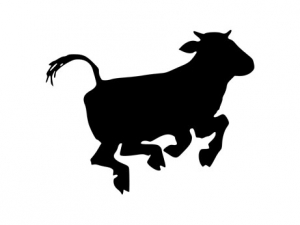The headlines were typically misleading: animal rights activists and opposition politicians set the bait and the TV news networks swallowed it whole, hysterical about supposed animal cruelty and deaths. The reality was much different. The 0.3% mortality rate on board at docking was found lower than normal farm attrition rates – 136 sheep and one cattle beast lost.
Says the South Canterbury livestock agent and organiser of the shipment, Peter Walsh, the ship was loaded to well below its capacity of 110,000 sheep and 20,000 cattle, allowing the stock to move around. The sheep arrived at Mexico on average 4kg heavier than when they left NZ.











